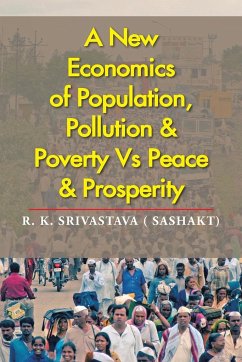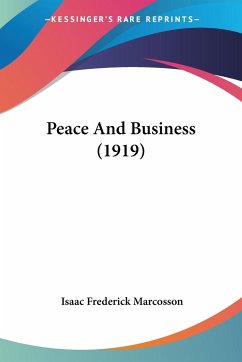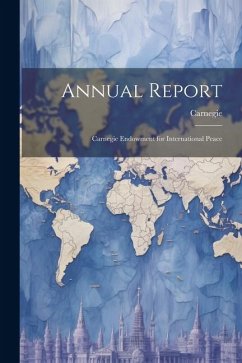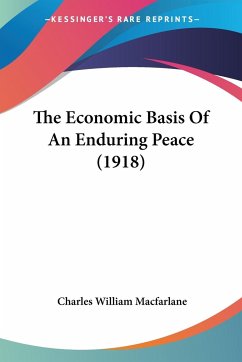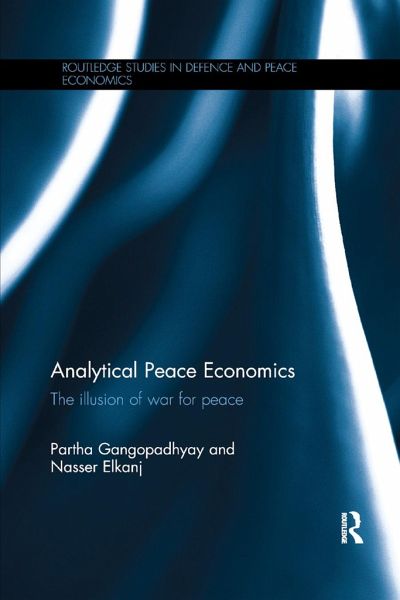
Analytical Peace Economics
The illusion of war for peace
Versandkostenfrei!
Versandfertig in 1-2 Wochen
56,99 €
inkl. MwSt.
Weitere Ausgaben:

PAYBACK Punkte
28 °P sammeln!
The Middle East is at an unprecedented crossroads between the established Euro-centric system and the emerging Asian powerhouses like India and China. Their economies, policies and social structures are a half-way-house between these two dominant groups and are an important case study to examine in order to highlight future prospects and problems of the global system. The Middle East is an important missing piece in a huge global puzzle. This book makes a significant step towards understanding that puzzle and offers solutions for how to fully integrate this missing jigsaw piece into the global...
The Middle East is at an unprecedented crossroads between the established Euro-centric system and the emerging Asian powerhouses like India and China. Their economies, policies and social structures are a half-way-house between these two dominant groups and are an important case study to examine in order to highlight future prospects and problems of the global system. The Middle East is an important missing piece in a huge global puzzle. This book makes a significant step towards understanding that puzzle and offers solutions for how to fully integrate this missing jigsaw piece into the global economic system. Analytical Peace Economics: The Illusion of War for Peace focuses on three critical issues in the Middle East that dominate discussions about their place in the global political economy: conflict, oil and (regional) development. Examining economic and social development in juxtaposition with conflict and peace, this book adapts, develops and applies historical, geographical, economic and psychological methods, creating a nuanced approach to the collective understanding of the economic and social dynamics in the region. By developing theoretical models and analysing empirical research, this book offers an economic analysis of the attempt to find peace through war and seeks to find alternative solutions. This book will be of interest to researchers, policy makers and doctoral students of economics, finance and social sciences as well as advanced undergraduate students of peace economics and development studies.






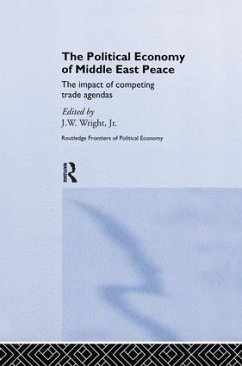
![Public General Acts of the Ontario Legislature Relating to Insurance [microform]: With Notes of Amendments and an Analytical Index: Also a List of Spe Cover Public General Acts of the Ontario Legislature Relating to Insurance [microform]: With Notes of Amendments and an Analytical Index: Also a List of Spe](https://bilder.buecher.de/produkte/65/65638/65638806n.jpg)
